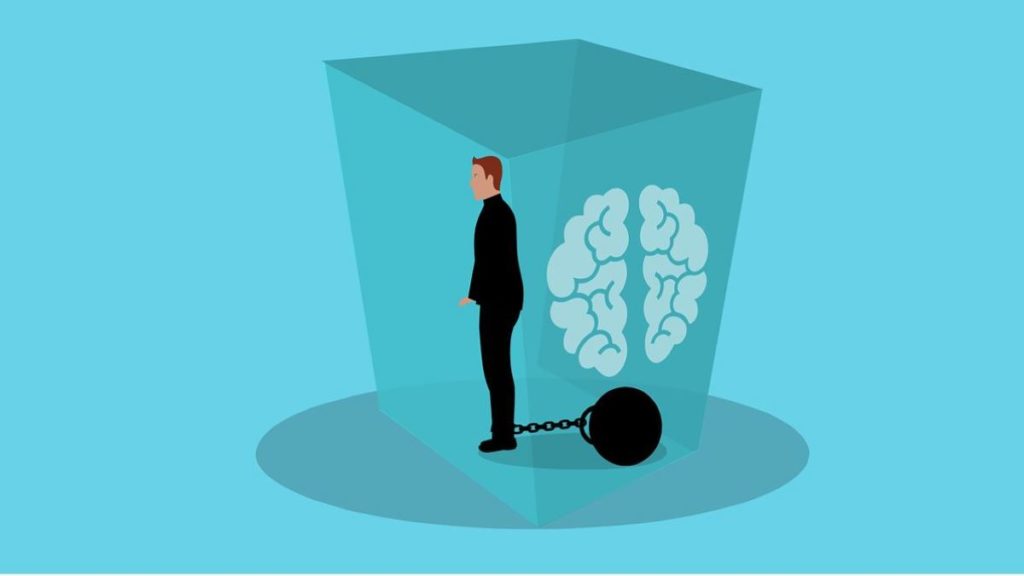Featured image by Mohamed_Hassan via Pixabay
It may surprise you to learn that mental health has a lot to do with on-the-job safety. In this post, we explore emotional well-being in three sectors to uncover the reasons why this is the case.
RELATED ARTICLE: HEALTH-LIFE BALANCE FOR PEACE OF MIND
Every job comes with certain risks when it comes to health and safety. This is why governments require employers to conduct risk assessments for every workplace. However, these risk assessments can give workers a bit of relief only as they relate to the physical elements of a workplace. They ignore the potential mental health risks that derive from working, wherever that may be.
For instance, to get an online job, job seekers opt to address a professional LinkedIn profile writing service. A LinkedIn profile may not be a must-have to land an interview, but recruiters do value online presence when considering your job application. And even creating a perfect picture when doing a job search can be exhausting. You need to highlight your key skills, impress the hiring manager, and that’s only the beginning of your journey
This can leave people feeling alienated by their issues. Nonetheless, around 800,000 people in the UK alone suffer from work-related stress, depression, or anxiety. In short, remaining mentally fit is an issue for most workers. In the end, both workers and employers alike need to place a spotlight on the emotional as well as the physical risks of having to work for a living.
Different industries face distinct problems, however. Different industries face distinct problems, however, for most positions, it is advisable to enroll in first aid courses to be ready for unforeseen emergencies. Here is how emotional well-being can affect an employee’s day on the job in three different industries.
Mental Health and the Construction Industry
Mental health issues have been dubbed “the silent epidemic” in the construction sector. This is likely because many who make up the workforce in the construction industry say they are afraid of talking about their emotional well-being. They say they fear repercussions because of the stigma that surrounds these issues.
Construction is already fraught with physical hazards, however. This gives cause for concern when someone who works in this field suffers from a negative mindset.
To begin with, project work on brief assignments can cause workers anxiety over job security. Not knowing where your next paycheck will come from is scary. Unfortunately, this is common in construction.
Another factor that can affect the mental health of construction workers is a lack of appropriate personal protective equipment (PPE). This can even lead to depression in some cases.
For example, workers who do not have ear defenders to protect their hearing on loud job sites can end up with tinnitus, a chronic condition. The use of noisy power tools and the like are also linked to issues such as anxiety, depression, and insomnia.
Remaining Mentally Fit in the Gig Economy
Working in the gig industry can easily influence someone’s mental health. Often, in fact, workers are underemployed. A recent study found that this can lead to high levels of psychological distress.
Other reasons for poor mental health for gig workers includes that they feel their clients don’t value them as much as they do their full time employees. They feel isolated and alone, and they say their clients ignore their rights.
Their gig jobs offer them no holiday pay. They work for minimum wage or less and have little to no sick pay. In fact, these workers must often work long hours, well outside of the traditional workday, just to survive financially. This can lead to sleep deprivation, a leading cause of many mental health issues.
Working from Home and Staying Sane
While working from home has benefitted many people, for others it leads to loneliness and depression. Some at-home workers say they go for days without speaking to another human being. This causes them to experience moodiness and a lack of motivation that affects their job performance.
Moreover, for young people who are just getting started with their careers, working from home adds to their anxiety. This is because many of them don’t receive appropriate on-the-job training. To make matters worse, the newest members of a team often end up with more than their share of a massive workload. This can lead to a negative working environment from the very beginning.
RELATED ARTICLE: WORK FROM HOME: 4 SIMPLE TIPS TO BOOST PRODUCTIVITY
Employees Work Harder for Employers Who Value Their Mental Health
It’s time for employers to recognize the importance of mental health across every industry. When they do, they’ll begin to see how rewarding looking after the mental health of their employees can be. Workers will appreciate what their employers do for them with regard to mental health. This, in turn, will motivate them to work harder at their jobs.

